CBS Professor helps patients to bring their innovative ideas to life: “We don’t mean special teas for bad tummies. No, we mean exoskeletons”
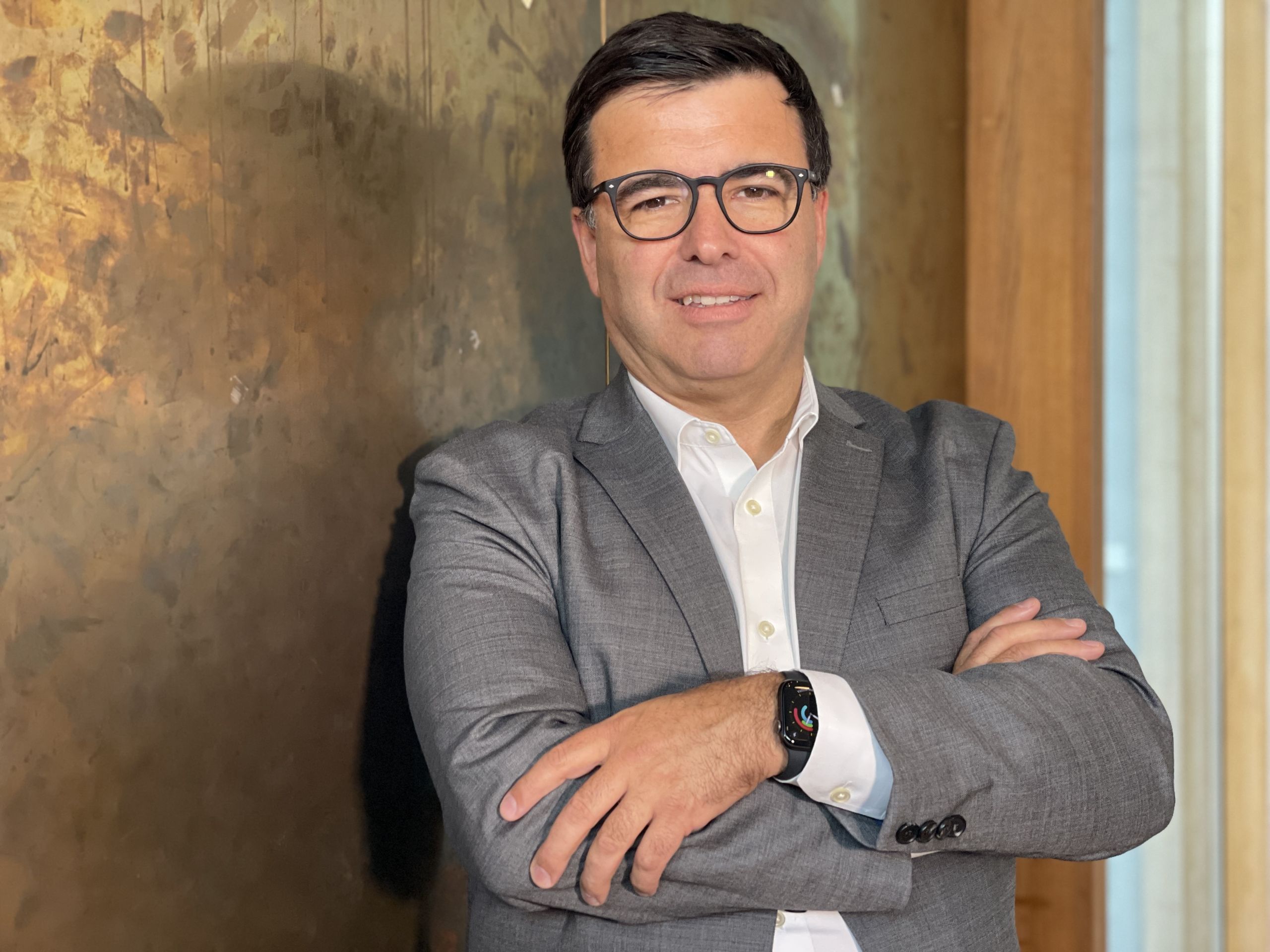
Professor Pedro Oliveira has made it his field of research to investigate user innovation within healthcare. Now, he runs a bootcamp to assist patients and caregivers in bringing their innovations to life. (Photo: Anne Thora Lykkegaard)
Professor Pedro Oliveira has never worked in healthcare, but for the past five years, he has assisted patients and relatives in developing and commercializing ideas that help others with issues ranging from paralysis to cancer. Now, he is hosting a bootcamp at CBS with innovators from 11 countries.
When Francisco Nogueira’s cousin Filippa was diagnosed with breast cancer two years ago, the cancer was already at an advanced stage. She had felt the lump in her breast a few months prior to the diagnosis, but did not dare show her doctor. Maybe it would disappear?
“She had to have her breast removed. It was a very difficult time, and she felt like a part of her femininity had been taken away,” explains Francisco Nogueira and continues:
“That was when I realized that thousands of women might lack the confidence to do a self breast health exam to detect abnormalities at an early stage.”
Francisco Nogueira and Frederico Stock are both from Portugal and have joined the three-day Patient Innovation Bootcamp hosted by CBS to obtain input for further developing their breast-cancer detection device, Glooma.
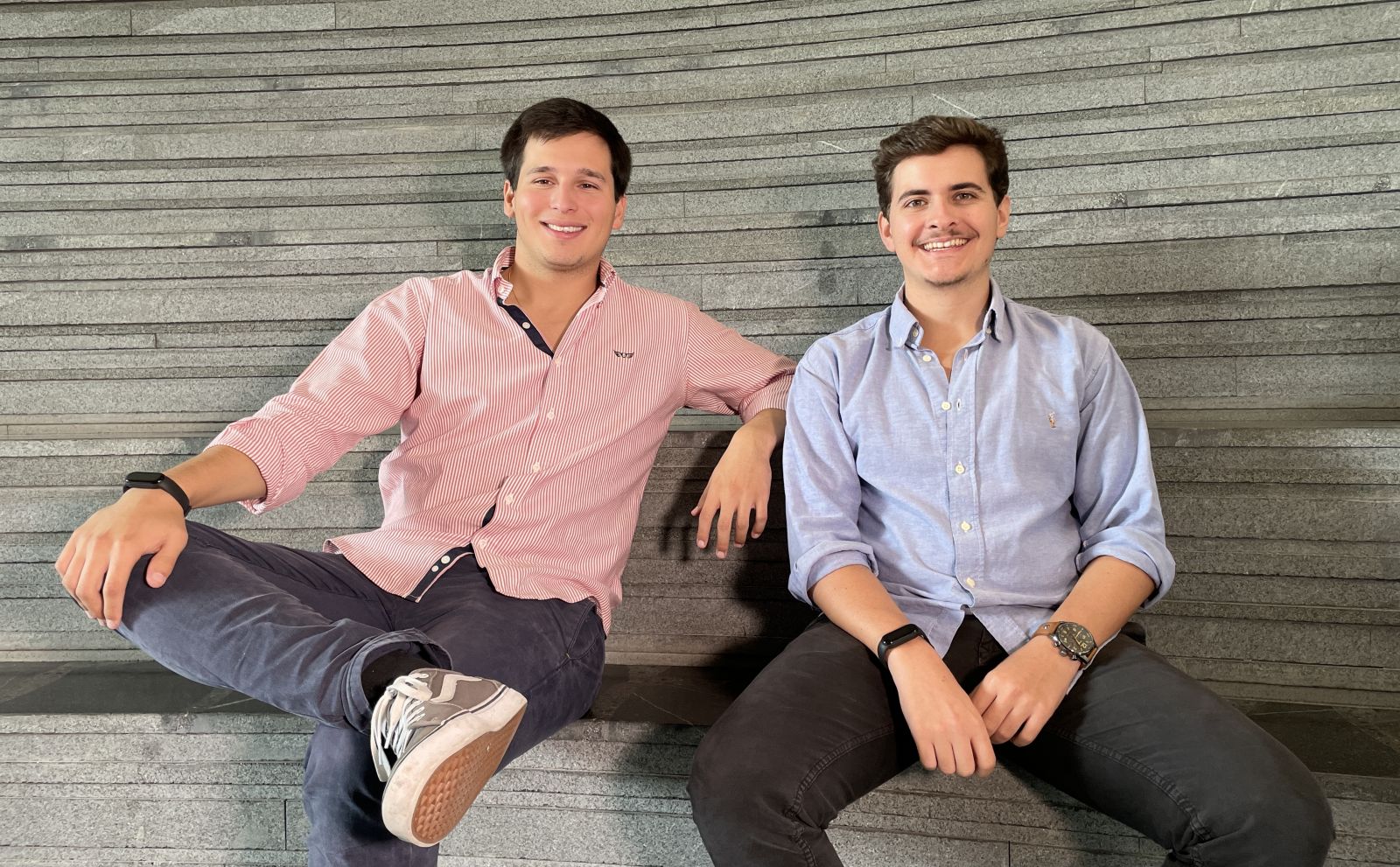
Ten other teams of innovative spirits have also participated with their ideas for fixing healthcare issues.
“People here don’t necessarily think of themselves as entrepreneurs. In many cases, they just want to fix a problem either for themselves or someone they know. And often, patients’ good ideas die with them, but here they get the training, knowledge and network needed to at least try to commercialize their ideas and take them to market,” Pedro Oliveira, Professor with special responsibilities at the Department of Strategy and Innovation, explains:
“And we don’t mean innovations like special teas for bad tummies. We mean exoskeletons to help paralyzed people walk again.”
Pedro Oliveira founded the platform, Patient Innovation, and devised the Patient Innovation Bootcamp, for patients and relatives looking for knowledge and a network boost to realize their ideas.
“Users of the Patient Innovation platform often ask us for help and advice about how to get their product or service to the market. And at some point, I realized that we couldn’t help everyone. That’s why, along with a consortium of universities and relevant stakeholders, I established the bootcamp, where applicants can obtain useful knowledge about, for example, value pricing or how to make a proper business model,” he says.
Breaking through jargon
Larisa Aragon has joined the bootcamp from Switzerland and wants to improve her team’s communication service, SumMed.
When she was diagnosed with breast cancer, she was in uncharted territory. Not only did she have to face her diagnosis, she also had to learn a whole new vocabulary of words she did not understand.
“It was intimidating, overwhelming and really difficult to understand what the doctors and online articles were saying about breast cancer. That’s when I thought about how good it would be to find a way to break through the medical jargon,” she explains.
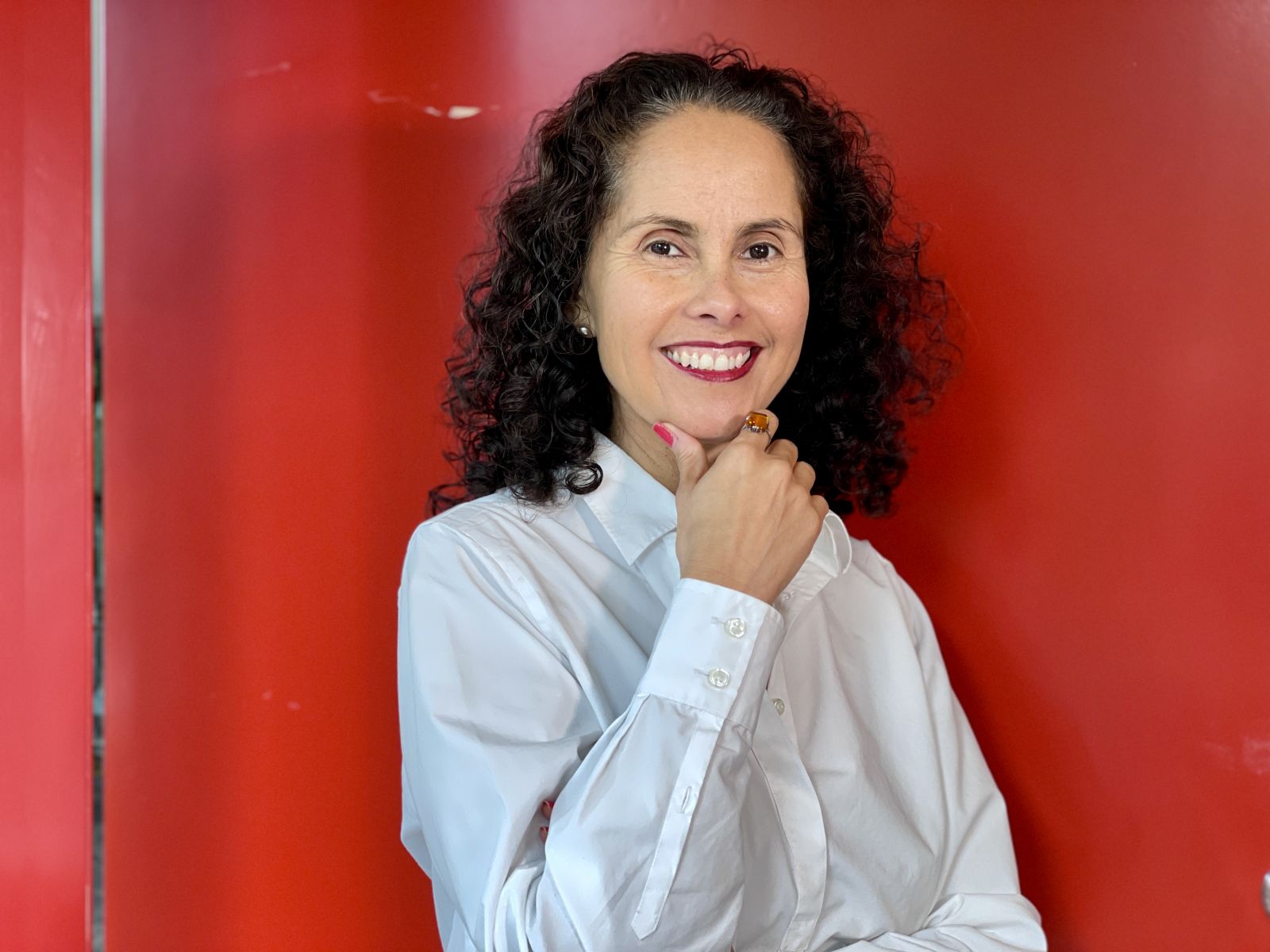
She joined a hackathon and together with her team, they developed SumMed. An online service based on machine learning that can make medical summaries of, for example, scientific articles or personal medical journals, but in layman’s language.
“The service is based on machine learning, so the more you feed and train it, the more knowledge it gathers. Right now, we are focusing on breast cancer, but in time it could do the same for all types of diseases and diagnoses,” she says and explains that they hope to launch the first edition of SumMed at the end of the year.
For Larisa Aragon, the bootcamp is a source of valuable knowledge and a network. And then it confirms a belief of hers about the future of healthcare.
“Being taught about value pricing and business models is obviously very useful, but it is equally useful to talk to the other participants about their journeys and experiences,” she says, adding:
“What this bootcamp confirms, however, is that the future of healthcare is consumer, user and patient driven. It’s a transformation we need.”
“You have already told me I will die from this”
Pedro Oliveira established the online platform Patient Innovation about five years ago. At that time, it was just an experiment.
“Initially, I developed the Patient Innovation platform as part of a research project. I wanted to design an experiment to see whether patients and their relatives would be willing to share, with one another, the innovative solutions they developed to help them cope with their health-related problems,” he says, explaining:
“As soon as the platform was advertised, patients started using it. Quickly, it got a little out of hand and the platform turned into a living organism with patients and medical practitioners validating the ideas and solutions being shared.”
What we do right here at the bootcamp can, potentially, change or even and save peoples’ lives
Pedro Oliveira
Today, Patient Innovation is a platform with a world-wide network of patients, relatives, medical staff and practitioners with various backgrounds from across the world. And the project includes prominent experts like Richard Roberts, who was awarded the Nobel Prize in medicine in 1993, as advisory board member and who sometimes helps validate the different solutions uploaded to the platform, explains Pedro Oliveira.
“At the moment, we have more than 4,600 submissions of innovative solutions developed by patients or caregivers that have been medically screened from which 2,000 were already approved by the medical team, and the community numbers more than 250,000 people,” he says.
Pedro Oliveira himself has never worked in healthcare, but a special meeting made him change the direction of his research field, which has for long been focused on user innovation.
“A guy from England was told by his doctor that his aorta could risk a rupture. It was basically a death sentence, as the doctor gave him two years. The guy went home and started fiddling with a device that could support his heart and aorta. He went back to the doctor and asked him to implant it. The doctor said no, but then the guy said: Why won’t you help me? You’ve already told me that I will die from this?” explains Pedro Oliveira and continues:
“He was able to convince the doctor, and the device saved his life, as he is still alive. And now over 400 people have the same device implanted. This inspired me to focus my research on user innovation in healthcare.”
He mentions various examples of user innovations that have been taken to market. For example, an exoskeleton developed by a man who was paralyzed from the neck and down, and an app to notify stoma users when their medical bag needs emptying.
And he feels it is important that universities share knowledge in order to create more societal impact.
“Universities should maximize their impact on society. We need to practice different types of impact, not just citations. What we do right here at the bootcamp can, potentially, change or even save peoples’ lives. Well, in fact, this is already happening!” he says.
Demystifying breast cancer
Francisco Nogueira and Federico Stock have been using stakeholders contacts provided during the Patient Innovation Bootcamp to validate their solution – a high-tech glove with pressure-sensitive sensors that can detect abnormalities in the density of breast tissue and, they say, detect early stages of cancer.
“We have used these contacts to ask patients and doctors about their experiences with breast cancer and the breast health exam, and to create brand awareness. Now, we are here to further develop the glove, which we imagine women will have at home, so they can conduct health checks themselves,” says Frederico Stock.
According to the two founders of Glooma, the glove will be connected to a mobile lab, which analyzes the results and notifies users whether they should visit a doctor for a check-up.
“We really hope the device can create awareness and dispel the fear of feeling something that might not supposed to be there,” says Francisco Nogueira.
Right now, the Portuguese team is looking for investments to run clinical trials of the glove and hopes to take it to market in 2023.



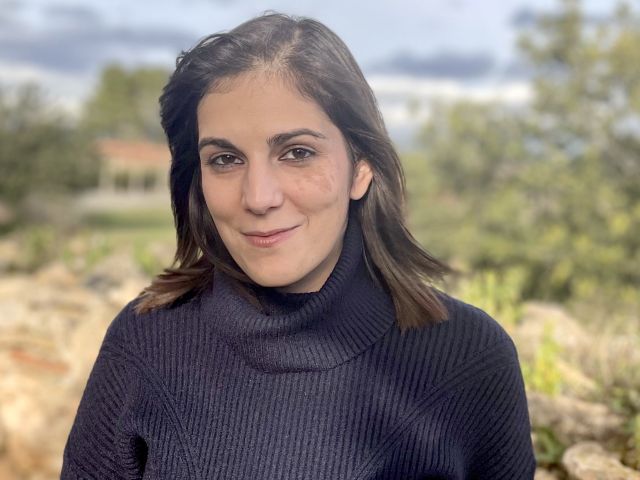
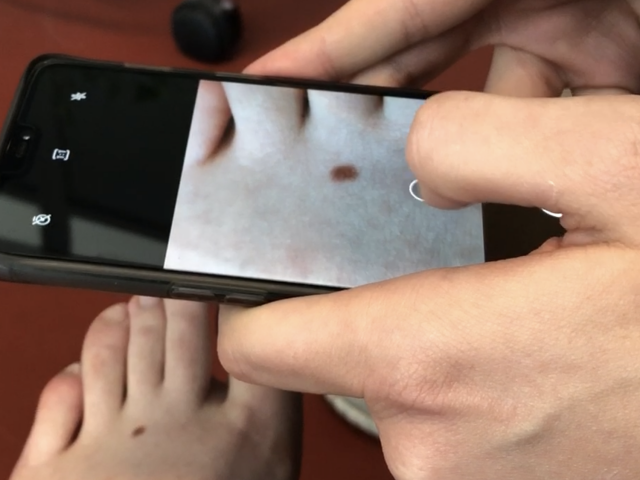
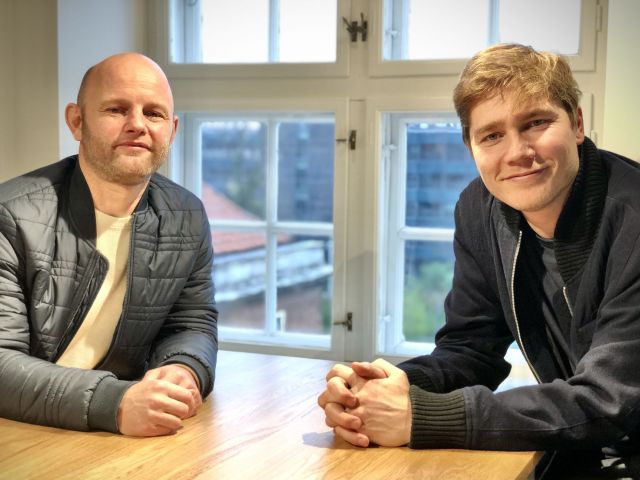
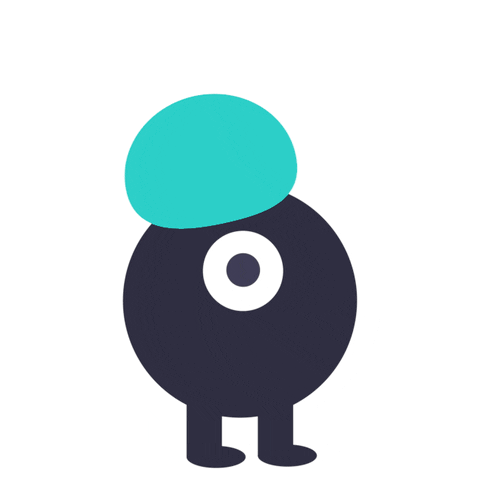
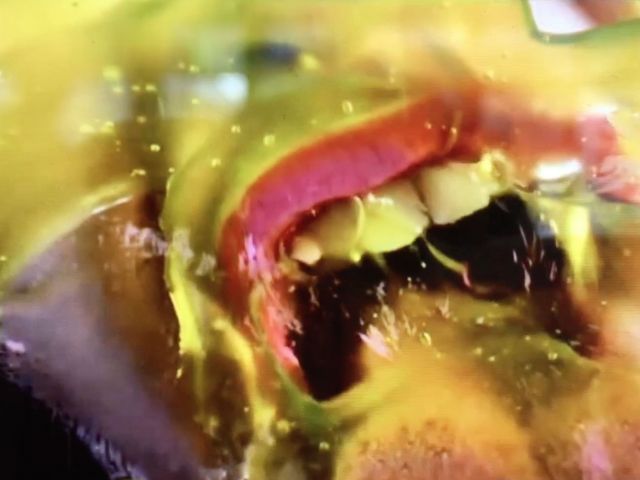
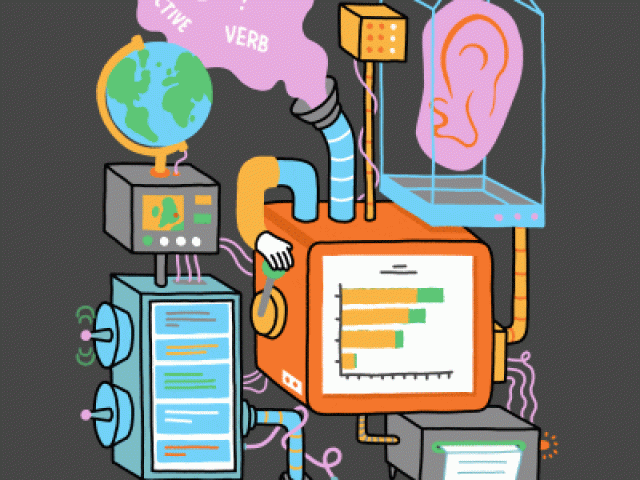





























































































































Comments